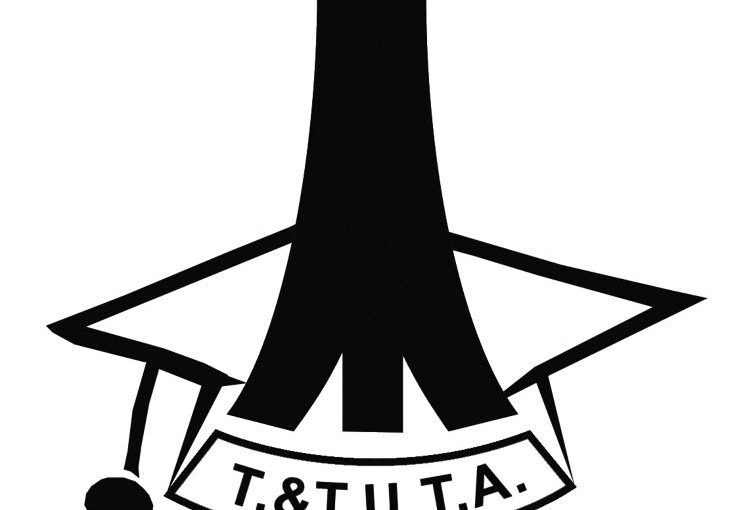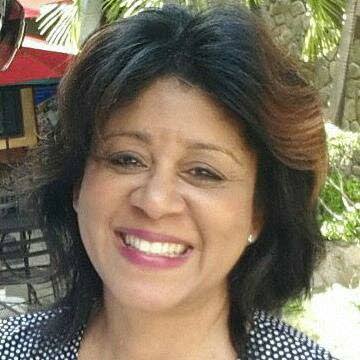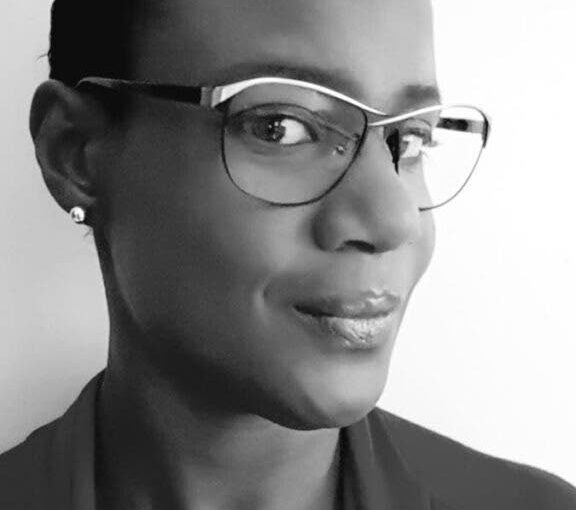THE January 29 sitting of the Social Services and Public Administration Joint Select Committee (JSC) of Parliament broached an interesting, if not...
Vous n'êtes pas connecté
- English
- Français
- عربي
- Español
- Deutsch
- Português
- русский язык
- Català
- Italiano
- Nederlands, Vlaams
- Norsk
- فارسی
- বাংলা
- اردو
- Azərbaycan dili
- Bahasa Indonesia
- Հայերեն
- Ελληνικά
- Bosanski jezik
- українська мова
- Íslenska
- Türkmen, Түркмен
- Türkçe
- Shqip
- Eesti keel
- magyar
- Қазақ тілі
- Kalaallisut ; kalaallit oqaasii
- Lietuvių kalba
- Latviešu valoda
- македонски јазик
- Монгол
- Bahasa Melayu ; بهاس ملايو
- ဗမာစာ
- Slovenščina
- тоҷикӣ ; toğikī ; تاجیکی
- ไทย
- O'zbek ; Ўзбек ; أۇزبېك
- Tiếng Việt
- ភាសាខ្មែរ
- རྫོང་ཁ
- Soomaaliga ; af Soomaali
Rubriques :
 Maroc - NEWSDAY.CO.TT - A la Une - Aujourd'hui 05:56
Maroc - NEWSDAY.CO.TT - A la Une - Aujourd'hui 05:56
The great SEA: A call for reform, empathy
THE EDITOR: The Secondary Entrance Assessment (SEA) has long been a cornerstone of the nation’s education system, determining which primary school students gain entry into the country’s most prestigious secondary schools. However, this high-stakes examination has become a source of immense stress and family life disruption for children, parents, and educators alike. At just ten years old, children are thrust into an environment where their performance on a single exam is portrayed as a determinant of their entire future. This pressure is not only unfair, but also a reflection of systemic failures in our society. The stress of the SEA exam is multifaceted. For children, it manifests as anxiety, sleepless nights, and a fear of failure that is disproportionate to their age. They are told, directly or indirectly, that if they do not perform well, their lives will be doomed – a heavy burden for a ten-year-old to carry. For parents, the pressure is equally intense. Many sacrifice their time, finances, and emotional well-being to ensure their children attend extra lessons, purchase study material, and secure every possible advantage. The societal judgement of what constitutes a "good" or "prestigious" school exacerbates this pressure, creating a culture where academic success is narrowly defined by SEA results. This system raises critical questions about its fairness and purpose. Why should a child’s future be determined by a single exam at such a young age? Why is there such a stark divide between "prestigious" schools and others, perpetuating inequality in education? And why, year after year, do we hear promises of transformation and reform from academic pundits and policymakers, yet see little meaningful change? The current approach to the SEA exam reflects a broader societal failure. It prioritises rote memorisation and exam performance over holistic learning and the development of critical thinking, creativity, and emotional intelligence. Instead of nurturing well-rounded individuals, the system reduces children to mere statistics, judged by their ability to perform under extreme pressure. This is not education; it is a survival mechanism that leaves little room for personal growth or exploration. Is this why our crime situation is so high? Are we reaping the harvest of those who didn’t make it? A more equitable and compassionate approach would involve a shift toward holistic learning and merit-based grading systems that consider a child’s performance over time, rather than a single high-stakes exam. Such a system would reduce the undue stress on children and parents, while also fostering a more inclusive and supportive educational environment. Transparency in grading and admissions processes would also be essential to ensure fairness and eliminate any perception of corruption or favouritism. Moreover, society must re-evaluate its obsession with "prestigious" schools. Education is not a one-size-fits-all endeavour, and success cannot be measured solely by the name of the institution a child attends. Every child has unique talents and potential, and our education system should reflect this diversity by providing multiple pathways to success. The learning ability of each child is different. Each person's body reacts differently to the same medication, so why is this approach still prevailing? The cost of acquiring the "best" education should not come at the expense of a child’s mental health or a family’s well-being. It is time for TT to move beyond rhetoric and take concrete steps toward reforming the SEA exam and the broader education system. Let us prioritise empathy, equity, and holistic development over outdated notions of academic prestige. Our children deserve nothing less. In the words of Nelson Mandela, "Education is the most powerful weapon which you can use to change the world." Let us wield this weapon wisely, ensuring that it empowers rather than oppresses, and that it prepares our children not just for exams, but for life. ELIJAH MOTIERAM via e-mail The post The great SEA: A call for reform, empathy appeared first on Trinidad and Tobago Newsday.
Articles similaires
Senator slams teachers for ‘obscene’ lessons for cash
CHAIRMAN of the Parliament's Social Services and Public Administration Joint Select Committee Dr Paul Richards believes it is wrong for teachers...
Lessons overload?
FROM time immemorial, extra classes have been a part of school. Teachers have, of their own free will and often at no charge, encouraged students to...
Lessons overload?
FROM time immemorial, extra classes have been a part of school. Teachers have, of their own free will and often at no charge, encouraged students to...
Building children’s resilience
THE EDITOR: Children's Mental Health Week takes place from February 3-9, 2025, and focuses on the theme "Know Yourself, Grow Yourself." This theme...
Students at stake
On Thursday, the Finance Ministry announced it would offer a six per cent increase to UWI lecturers for the six-year period from August 2014-July...
Challenging The Systems Of Oppression And Exploitation In Pakistan: A Freirian Perspective – OpEd
In late December 2024, just before the year ended, I entered the Emporium Mall in Lahore, Pakistan. I encountered a stark, heartbreaking reality:...
Parents and self-care: A critical element of adolescent health
Parents often put the needs of their children, tweens and teens before their own. Many even consider this to be the expected martyrdom of parenthood...
Supreme Court ruling could redraw lines around religion in schools
The Supreme Court has agreed to decide whether Oklahoma can open St. Isidore: an online Roman Catholic charter school named after the patron saint of...
Culture of instant gratification in Trinidad and Tobago
THE EDITOR: The pervasive culture of instant gratification is a growing concern in TT, and it is driving many of the challenges we face as a...
Les derniers communiqués
-
Aucun élément








